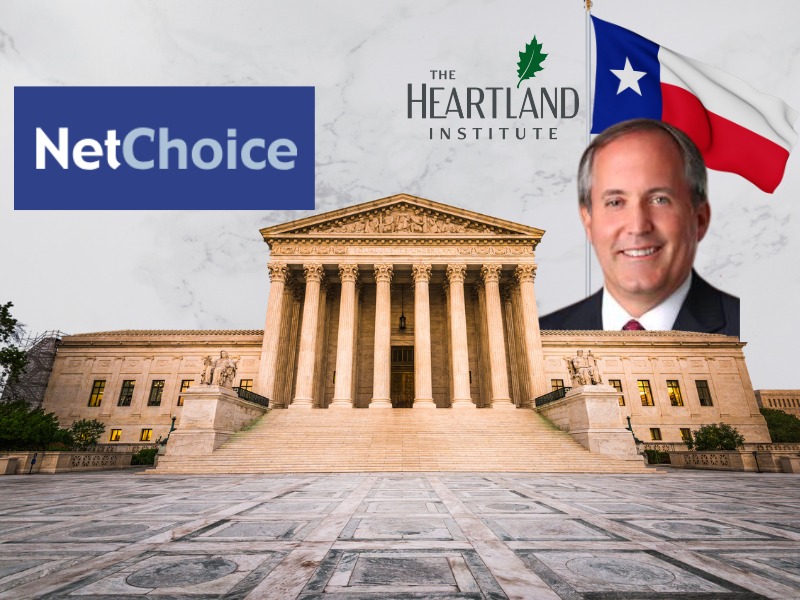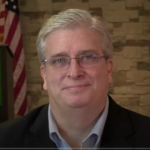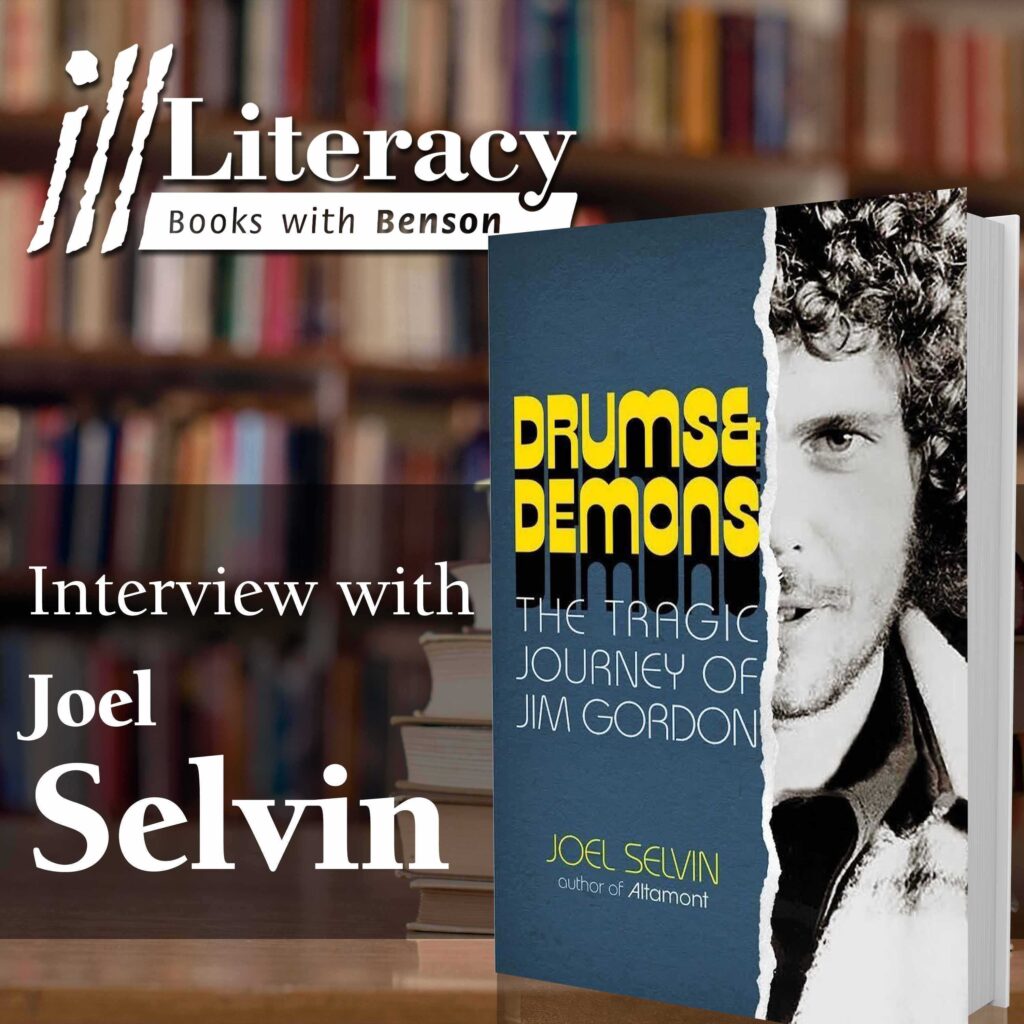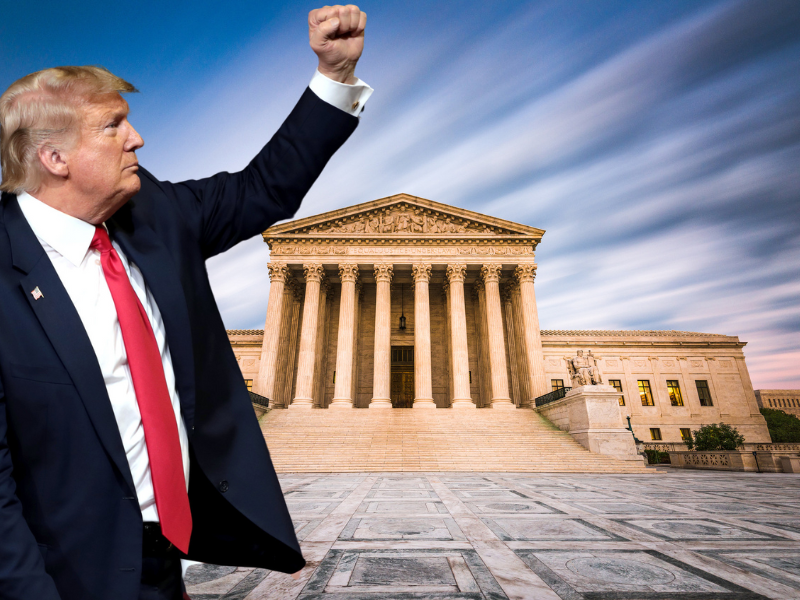On Writs Of Certiorari To The United States Courts Of Appeals For The Fifth And Eleventh Circuits
SUMMARY OF ARGUMENT
The Declaration of Independence makes it clear that individuals have unalienable rights that precede the existence of the government. These include the right to free speech. This right must be protected against unchecked government but also, on occasion, from non-government entities as well. That is why the Founders included in the Declaration the text, “That to secure these rights, Governments are instituted among men. . . .”
The dominant social media platforms’ censorship is precisely the kind of infringement on our unalienable rights that the Founding Fathers feared and desired to prevent. Free speech is one of Americans’ most vital and sacred rights. Social media is the primary means by which Americans today engage in free speech and share political, cultural, and religious views with one another. Social media has replaced the physical town square, neighborhood pubs, and even the telephone for this purpose.
Over the past decade, a few large entities have gained essentially monopoly control over social media platforms. As of December 2023, Facebook/Meta and its popular subsidiary Instagram control nearly 60% of social media traffic in the United States. See StatCounter, Social Media Stats United States Of America Dec 2022-Dec 2023, http://tinyurl.com/s6edyk6p. The top three social media companies control more than 90% of social media traffic in the United States. See StatCounter, Social Media Stats United States Of America Dec 2022-Dec 2023, http://tinyurl.com/ac3stjjt.
Being a large and market-dominant entity does not necessarily equate to being a bad actor, of course. A very serious problem emerges, however, when a market- dominant company, or cartel of companies, wields power in a manner and with the purpose and impact of suppressing Americans’ unalienable rights. As this Court has recognized, “[s]ocial media . . . are [among] the principal sources for knowing current events, checking ads for employment, speaking and listening in the modern public square, and otherwise exploring the vast realms of human thought and knowledge.” Packingham v. North Carolina, 582 U.S. 98, 107 (2017).
It is undisputed that the dominant social media firms are wielding their power with the purpose of suppressing Americans’ sharing of political, cultural, and religious views. The social media platforms have censored and blocked scientists from presenting evidence that COVID-19 originated in a Chinese laboratory, journalists from reporting on the risks and benefits of the COVID-19 vaccines, medical doctors from discussing the medical benefits of hydroxychloroquine, pastors from presenting online church services, climate scientists from making the scientific case against an asserted climate crisis, media outlets from sharing their reporting about well-documented scandals involving Hunter and Joe Biden, and everyday Americans from sharing their own views or forwarding the views of others to their friends, family, and acquaintances. These are just a few examples.
Texas House Bill 20 (“HB 20”) reflects a reasonable response by “We the People” to this threat from social media censorship. Texas’ response is consistent with First Amendment precedent and proceeds from common carrier law, which has been part of our law from before the time of the founding of the Republic. Further, given the threats to First Amendment principles from foreign nations and international bodies, the States have a right to protect their citizens’ free speech rights. Increasingly, the question is not whether social media will be regulated, but rather by whom— the American people governing themselves through their elected representatives in the States, or distant, unelected bureaucrats insulated from political accountability. …
The States have an interest, if not a duty, to protect their citizens’ right to exercise their right to free speech. HB 20, would render the EU’s censorship regime— which discriminates on the basis of speech disliked by bureaucrats—unlawful to apply in Texas.
The Heartland Institute urges this Court to affirm the judgment of the United States Court of Appeals for the Fifth Circuit, and reverse the decision of the United States Court of Appeals for the Eleventh Circuit.







